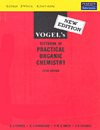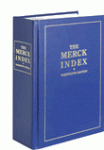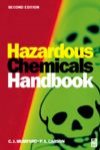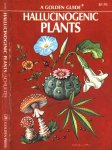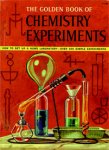GenericMind
Bluelighter
So I've been meaning to try my hand at some basic extractions for the purpose of learning some basic chemistry and familiarizing myself with the processes.
I don't consider myself particularly talented when it comes to chemistry or chemistry-related things, so I'm looking for opinions on which extraction would be the simplest to start with. I don't plan on doing anything with the products so I don't need opinions on which would be most "worth my time" or anything like that. I'm looking strictly for a "difficulty progression ladder". Here are my options:
-DXM extraction from cough syrup
-Mescaline extraction from San Pedro
-LSA extraction from Morning Glory or Hawaiian Baby Woodrose Seeds
I'm also open for suggestions of any other relatively easy extractions.
I don't consider myself particularly talented when it comes to chemistry or chemistry-related things, so I'm looking for opinions on which extraction would be the simplest to start with. I don't plan on doing anything with the products so I don't need opinions on which would be most "worth my time" or anything like that. I'm looking strictly for a "difficulty progression ladder". Here are my options:
-DXM extraction from cough syrup
-Mescaline extraction from San Pedro
-LSA extraction from Morning Glory or Hawaiian Baby Woodrose Seeds
I'm also open for suggestions of any other relatively easy extractions.







